Forschung
Research Networks
The networks are directed primarily, but not exclusively, at young researchers. The concept is simple: A fixed group of participants meets regularly over a period of two to three years to work on a clearly defined research topic. The regular meetings are a place to discuss and exchange ideas, also with invited speakers, with the aim of fostering interdisciplinary exchange within the department and with colleagues from German, Turkish and international universities and research institutions.The networks are dedicated to overarching archaeological and cultural-historical topics which are suitable for diachronic studies, such as “Power and Hierarchies in Urban Space and Landscape” or “Nature and Cult in Anatolia”. During the duration of the networks, a variety of event formats, such as seminars, workshops or excursions, take place. These are dedicated to different aspects of the focal research topics. The participants are responsible for organising the content of individual events. Each research network culminates in an edited volume that features individual contributions by the participants and a synthetic summary.
Research Topic
Recent studies have highlighted the significance of environmental changes in transformational processes throughout human history. While this presumption proves to be true to a certain extent, it should not be understood as a monocausal correlation, but rather as an integral element of the complex adaptive system of historic human-environment interaction. The level of complexity often seems overwhelming and impossible to manage; however, studies on a regional or micro-level scale might hold the key to a better understanding. In order to establish comparability between studies and bridge temporal and spatial distances within the rich history of Anatolia, we propose to use the framework of social metabolism and socio-ecological models. By making use of different approaches, the aim is to create a basis for meta-analyses or `bigger narratives´ of the complex hybrid system between the ecological and socio-cultural spheres.
One of the most stimulating areas of research in the study of Anatolia’s multi-layered past is the complex reciprocal relationship between settlements, the countryside and their zones of transit. Through the tangible and intangible cultural and natural heritage, conclusions can be drawn about the socio-ecological metabolism – the continuous exchange of people with nature in order to reproduce and sustain the material requirements of a population as well as the set of flows within and between societies. Applying this concept, aspects such as the exploitation of resources, carrying capacities and catchment areas as well as communication and surveillance networks, administration and social hierarchies need to be examined. The interplay between these and other factors is of a complex processual character and poses the challenge of identifying interdependencies on the one hand of quantifiable parameters, such as the supply of resources for construction sites, and on the other hand, often biased and non-quantifiable sources, such as textual evidence on state and society.
The multi-layered history of Anatolia offers a strong foundation for diachronic and transdisciplinary exchange on socio-ecological approaches from prehistoric times to the Ottoman period. The following broader themes will be discussed in the upcoming meetings:

